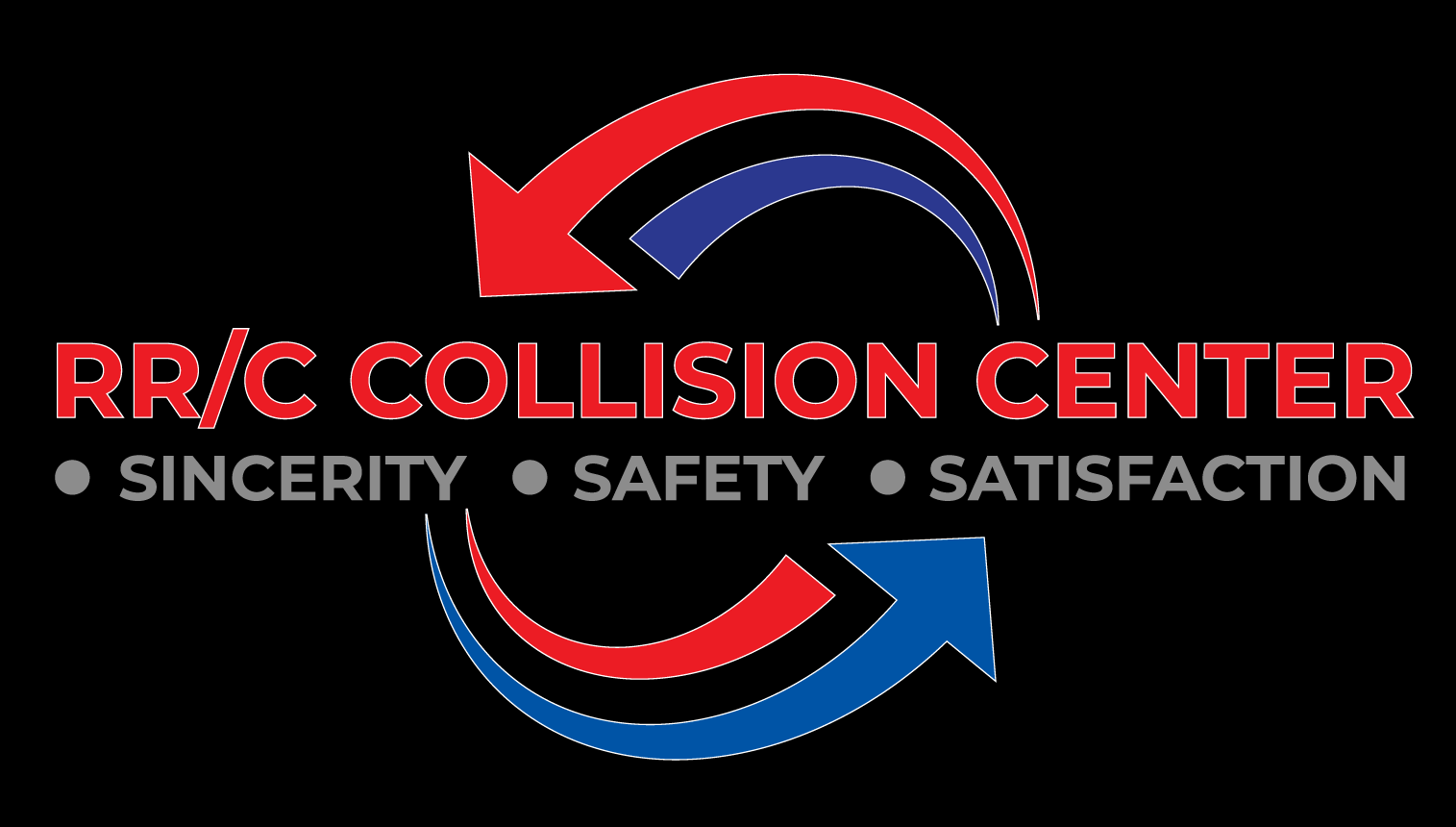Introduction to Appraisal Clause in Auto Insurance
The appraisal clause, also known as the appraisal provision, is a key component of most insurance contracts. It serves as a mechanism for resolving disputes over the amount of loss in an insurance claim or insurance demand. This clause can be invoked by either the policyholder or the insurance company (also referred to as the insurer).
The Purpose of the Appraisal Clause
The primary purpose of the appraisal clause is to provide a method for dispute resolution or conflict resolution when there is a disagreement over the cost to repair a vehicle, the value of a vehicle in a total loss claim, or the diminished value of a vehicle. This clause is designed to protect the rights of the policyholder and ensure a fair settlement process.
The Process of Invoking an Appraisal Clause
Writing a letter to the insurance company
The first step in invoking the appraisal clause is to write a letter to the insurance company. This letter should express the intention to invoke the clause due to the inability to reach a mutually agreeable settlement. The letter should be sent by certified mail to ensure receipt.
Note: We often find that just sending an email stating that you are “thinking of invoking the appraisal clause” can sometimes cause the insurer to re-evaluate their position and possibly improve their estimate in your favor.
Selection of appraisers
The next step in the process is the selection of appraisers. Each party selects a competent appraiser to assess the loss. The chosen appraiser should be knowledgeable in the specific area of dispute and familiar with the appraisal clause process.

Completion of the appraisal process
The selected appraisers independently appraise the loss and then communicate to discuss their findings. If they fail to agree, a third-party umpire appraiser is selected to review the positions and documentation of the two primary appraisers and make a binding decision.
Legal Aspects of the Appraisal Clause
The appraisal clause is a legally binding provision in the insurance policy or insurance contract. It is generally found in the “Damage to Your Auto” section of the policy. Once the appraisal clause is invoked, both parties are legally obligated to follow the process outlined in the clause.
The Role of Appraisers and Umpires in the Appraisal Process
Appraisers play a crucial role in the appraisal process. They are responsible for evaluating the claim and determining the value of the property or amount of the loss. The umpire appraiser serves as a neutral third party who makes a binding decision when the two primary appraisers cannot agree.
How to Choose the Right Appraiser
Choosing the right appraiser is critical to the success of the appraisal process. The selected appraiser should be impartial, knowledgeable in the specific area of dispute, and familiar with the appraisal clause process. It’s also important that the appraiser does not have any ties to the insurance company involved in the dispute. Feel free to contact us if you need help finding an impartial, fair appraiser.
The Benefits of Invoking an Appraisal Clause
Invoking the appraisal clause can provide several benefits. It can help ensure a fair and impartial assessment of the loss, potentially leading to a more favorable settlement for the policyholder. It can also help expedite the claim settlement process, as it provides a clear and structured method for resolving disputes.
Potential Pitfalls and Disadvantages of Invoking an Appraisal Clause
While the appraisal clause can be beneficial, it’s also important to be aware of potential pitfalls. For instance, the process can be time-consuming and may require the policyholder to pay for their own appraiser. Additionally, once an award is signed, there are limited options for revising the award.
Tips for Successfully Navigating the Appraisal Process
Successfully navigating the appraisal process requires understanding your rights as a policyholder, choosing a competent and impartial appraiser, and being prepared to present a strong case for your claim. It’s also important to maintain open and respectful communication with the insurance company throughout the process.
Case Studies and Expert Opinions
Case studies and expert opinions can provide valuable insights into the appraisal clause process. These resources can help policyholders understand what to expect and how to prepare for the process. They can also provide tips and strategies for successfully navigating the process and achieving a favorable outcome.

Frequently Asked Questions about the Appraisal Clause
- What is an appraisal clause in auto insurance?
- The appraisal clause is a provision in most insurance policies that provides a method for resolving disputes over the amount of a loss. This clause can be invoked by either the policyholder or the insurance company when there is a disagreement over the cost to repair a vehicle, the value of a vehicle in a total loss claim, or the diminished value of a vehicle.
- How is the appraisal clause invoked?
- The appraisal clause is invoked by writing a letter to the insurance company expressing the intention to invoke the clause due to the inability to reach a mutually agreeable settlement. Each party then selects a competent appraiser to assess the loss. If the appraisers cannot agree on the amount of the loss, a third-party umpire appraiser is selected to make a binding decision.
- What are the potential pitfalls of invoking the appraisal clause?
- While the appraisal clause can be beneficial, it’s also important to be aware of potential pitfalls. The process can be time-consuming and may require the policyholder to pay for their own appraiser. Additionally, once an award is signed, there are limited options for revising the award. Therefore, it’s important for policyholders to understand the process and potential pitfalls before invoking the clause.
Conclusion
The appraisal clause is a valuable tool for resolving disputes over insurance claims. By understanding the purpose and process of the clause, policyholders can make informed decisions and potentially achieve more favorable claim settlements. However, it’s important to be aware of the potential pitfalls and to approach the process with a clear understanding and a well-prepared strategy.

